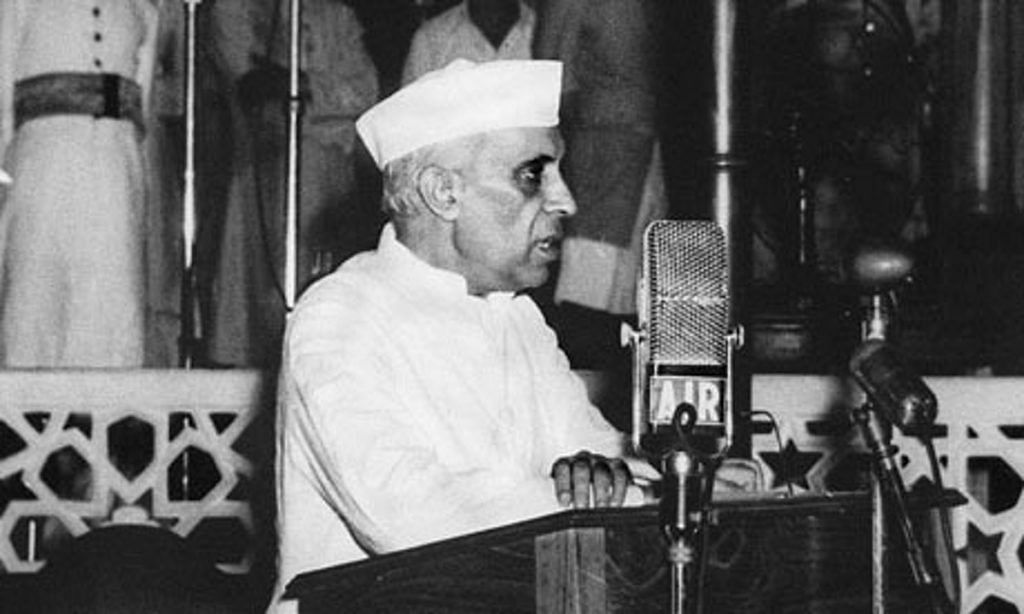An blow-by-blow account of the India-China war from the writings of celebrated journalist Kuldip Nayar, who passed away recently.
Things look gloomy. A good deal of NEFA (Northeast Frontier Agency, as Arunachal Pradesh was earlier known) has fallen. Indian forces have retreated to Tezpur, near the foot of the hills. The pall of helplessness is spreading and seems to have affected even those who have been putting up a brave front.
The Prime Minister remains determined but has no clue about how things might shape up. One MP, Khadilkar [now deputy Speaker], met him in the lobby and suggested the revival of the “diplomatic front”. What about (Egypt’s Gamal Abdel) Nasser? Nehru said Nasser had proved to be disappointing. Moscow? “I am not very optimistic.”
There is a sense of emptiness. He must be the unhappiest man in India today, seeing all that he has built on the basis of peace with China crumbling. His household reports that he is quieter than usual, keeping his thoughts to himself, often in a reverie and sometimes trembling.
Non-aligned countries have been a disappointment. Ceylon’s Prime Minister, Mrs Bandaranaike, is sympathetic but her advisers are keeping her away from openly taking sides. She is prepared to go to Peking (an earlier Romanised version of Beijing) to find out possibilities of an accord and wants to sponsor a conference of the non-aligned, but nothing beyond it. She is afraid of annoying Peking.
A letter from our high commissioner in Karachi reports that Pakistan is not worried about Peking’s threat; it does not think itself endangered or exposed. But its foreign minister, Mohammed Ali, did say that Pakistan would be ready to plan for the defence of the sub-continent if India were to have a settlement with Pakistan over Kashmir. He said these were the views of Ayub (Pakistan dictator Ayub Khan), who felt disappointed by Nehru’s latest letter, which did not even mention Kashmir.
The emergency committee of the cabinet has met to consider the situation. The discussion there brings out the discrepancy in the thinking of Nehru and (Lal Bahadur) Shastri. The home minister suggests that India should accept the Chinese proposals contained in Chou En-lai’s letter dated October 24. The PM says “No”. No other cabinet minister says much. In fact, the other ministers support the PM. The President, Dr Radhakrishnan, congratulates the home minister on his courage in proposing the best solution.
There is great resentment over the functioning of the top men in the Army. The reverses at the NEFA front are so many and so devastating that the resignation of General Thapar, the Chief of the Army Staff, has been expected for some time.
Reports are that he has offered to resign more than once, but is not being allowed to do so. Obviously, things must have reached a breaking point because General Thapar has been allowed to go on leave and Lt General Chaudhuri appointed to officiate and there to succeed.
There have been insistent demands from Gauhati that a senior leader from Delhi should visit Assam. Both the state chief minister and the governor were rather unhappy over the growing anger in Assam that New Delhi did not care for the state.
Nehru’s broadcast that “my heart goes out to the people of Assam at this hour” had been interpreted as saying “goodbye” to the state. Many Assamese are saying openly that they should join hands with the Chinese and wreak vengeance “on Dilliwallas” for having abandoned the state. Shastri was asked to go to Assam.
This entry is dated 20 November 1962, a day before China announced a ceasefire.
